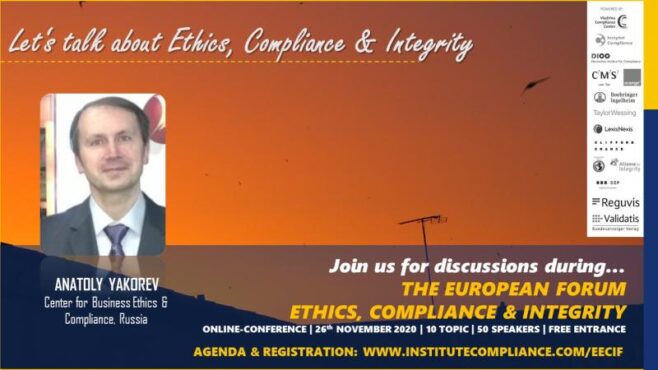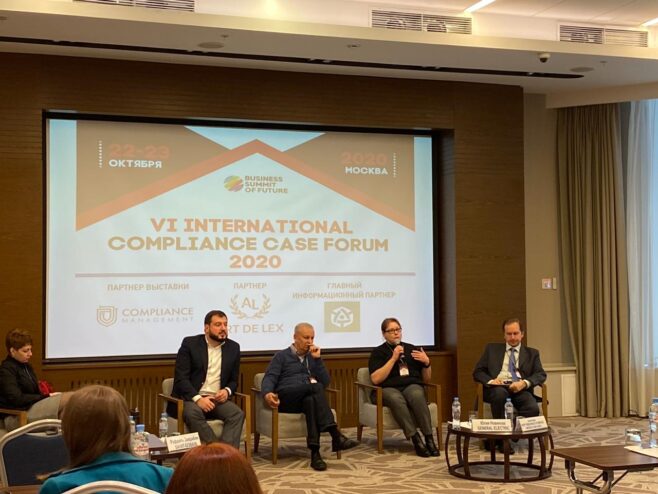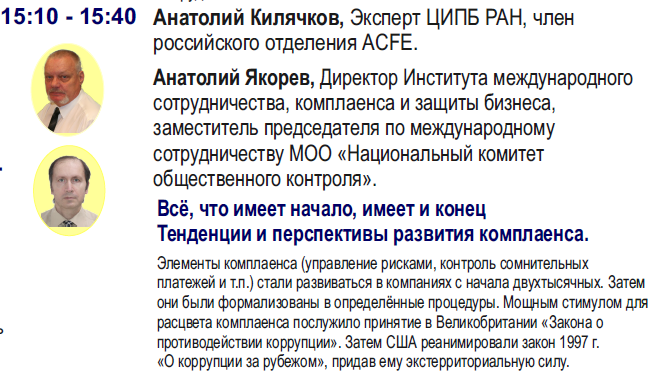Academia: International conference on science and methodology
Financial U niversity under the government of the Russian Federation
niversity under the government of the Russian Federation
Education and Methodics Association (EMA) of the higher education institutions of Russia in the area of finances, accounting and global economy
March 26 and 27, 2014 the International conference on science and methodology «How to harmonize educational and scientific activities as potential of strategy growth for the system of higher educational institutions.»
The objective of the conference is to exchange know-how and discuss challenges of the integration of the educational and scientific components while implementing major educational programs by Russian universities in the area of finances, accounting a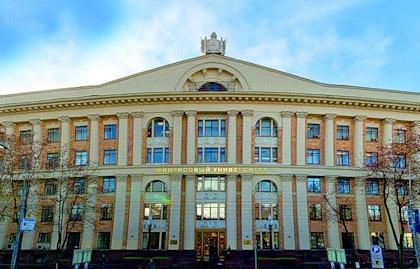 nd world economy. Ways to develop science in the higher educational system and provide conditions for its competitiveness.
nd world economy. Ways to develop science in the higher educational system and provide conditions for its competitiveness.
There were plenty of speeches and interactions on the part of the govt reps, ministry of science and education of Russian Federation, Ministry of finance, Russian Academy of science and employers’ association .
The following issues were discussed:
— Current requirements to integrate educational and scientific activities in the Russian legislature regarding education and science
— The State Program of the Russian Federation called «Education development» for yrs 2013-2020 and road-map «Changes in social sphere aimed at improving efficiency of education and science» for 2013-2018 yrs in the area of higher education and ways of its implementation.
— Aspects of running scientific and research work in higher education institutions
— Revamping of scientific and research work and promoting innovations in higher education system
— Role of scientific activities in revamping and upgrading educational programs/strategic development of higher educational institutions
— Developing incentives for higher efficiency in educational and scientific activities
— Continuity in bachelor’s, master’s and postgraduates programs
— New postgraduate studies model in universities that actively are involved in scientific and research
work
— Interrelation of educational and scientific indicators in universities’ ranking and ways to identify their efficiency
Conference agenda
March 24 and 25 (Monday and Tuesday) — arrival of participants
March 25 — 10:00-17:00 — registration and materials distribution for participants
March 26 — Big Hall (Leningradsky 49, 2nd Fl.)
9:00-10:00 — Registration
10:00-13:00 — Plenary meeting
13:00-14:30 — break
14:30-17:30 — Scholarly dispute on priorities and pressing issues
18:0 — dinner
March 27, Thursday
10:00-13:30 -Education and Methodics Counsil Meetings
13:30-15:00 — coffee break
15:00 — 17:30 Roundtable sessions under the Education and Methodics Counsil (EMA)
17:30 — 18:00 Adjourning of the International Science and Methodics Conference
Roun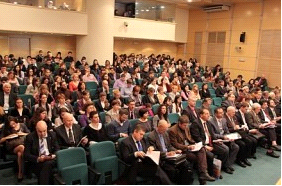 dtable №15 «Integration of science and education in teaching managerial programs»
dtable №15 «Integration of science and education in teaching managerial programs»
Moderator: Prof Irina Belyaeva
Participants: Prof Stanislav Prokofiev, Deputy Head of Federal Treasury
Valery Maslennikov, head of Corporate Governance Dept. Plekhanov Academy
Prof Yury Tsygalov, head, General Management and Project Management Dept., Financial University
Prof Olga Osipova, Russian State Trade Economy University, politology Dept.
Vera Dozortseva, Moscow International Higher School of Business «MIRBIS»
Prof Sergey Vasin, head Business Management Dept., Penza State University
Prof Galina Mezlikina, Economy and Management Dept. head, Volgograd State Technical University
Prof Nadezhda Psareva, Academy of Labour and Social Relations, socio-economic Dept.
Prof Olga Urzha, Russian State Social University, head, State, municipal and social engineering Dept.
Bela Bataeva, Associate Prof, Financial University
Olga Danilova, Associate Prof, Financial University
Khvicha Kharchilava, Associate Prof, State University of Management
Anatoly Yakorev, Director, Center for Business Ethics & Compliance, International University in Moscow
Luke Hornblower, Deputy Director, Center for Business Ethics & Compliance, International University in Moscow
Introducing compliance as vital concept for academia and business:
Anatoly Yakorev (CBEC) made a presentation before participants in which he
— fully covered anti-corruption compliance program concept
— key elements of the compliance program using TNK-BP model
— presented a new course on compliance drafted and designed for Financial University
— described the objective of the Working Group on Business Ethics & Compliance
The concept of compliance caused a lot of interest among participants who asked many questions about its role, outreach and importance for the corporate given the Russian context. Namely, representatives from regional universities asked about compliance relevance to the internal management mechanisms inside universities and how common this is in the US. Prof O. Danilova asked about the role of compliance inside of the organization whether it is viewed more like internal controls mechanism or in a broader sense. Other questions included were about compliance function being more in the executive decision making band other than the internal controls function. A. Yakorev gave an example from American Conference Institute Anti-Corruption Summit in Moscow March 25-26 when GE gave a presentation in which their Chief Compliance Officer admitted that she was shadowing CEO in many meetings and present at the time of decision making to offer guidance. That example was vivid to demonstrate the importance of this function out there in the real world. As far as teaching a course in compliance is concerned, questions were directed more at its relevance to future business leaders schooling. One question was more to underpin the value of bringing practical out in the field experience to the classroom because that is what students respect so much these days.
Compliance level of development in Eastern Europe, i.e. in Poland was presented by a researcher from University of Wroclaw, Maja Juskiewicz.
- Yakorev made some references to the absolute success in TNK-BP in the area of compliance and business ethics that company managed to enforce among their nearly 100,000 employees. The compliance program and training paid off tremendously in the company’s offices in the region where the core business and oil production functions are. Some of its key components he integrated in the course and some case studies for students to review and discuss.
A. Yakorev concluded his presentation with many examples from the corporate and NGO sector that have a lot of value for teaching ethics and compliance and was bombarded with more questions during the break.
 About IUM
About IUM CBE&C
CBE&C Team
Team Projects
Projects Initiatives
Initiatives Partners
Partners Publications
Publications Services
Services Training
Training